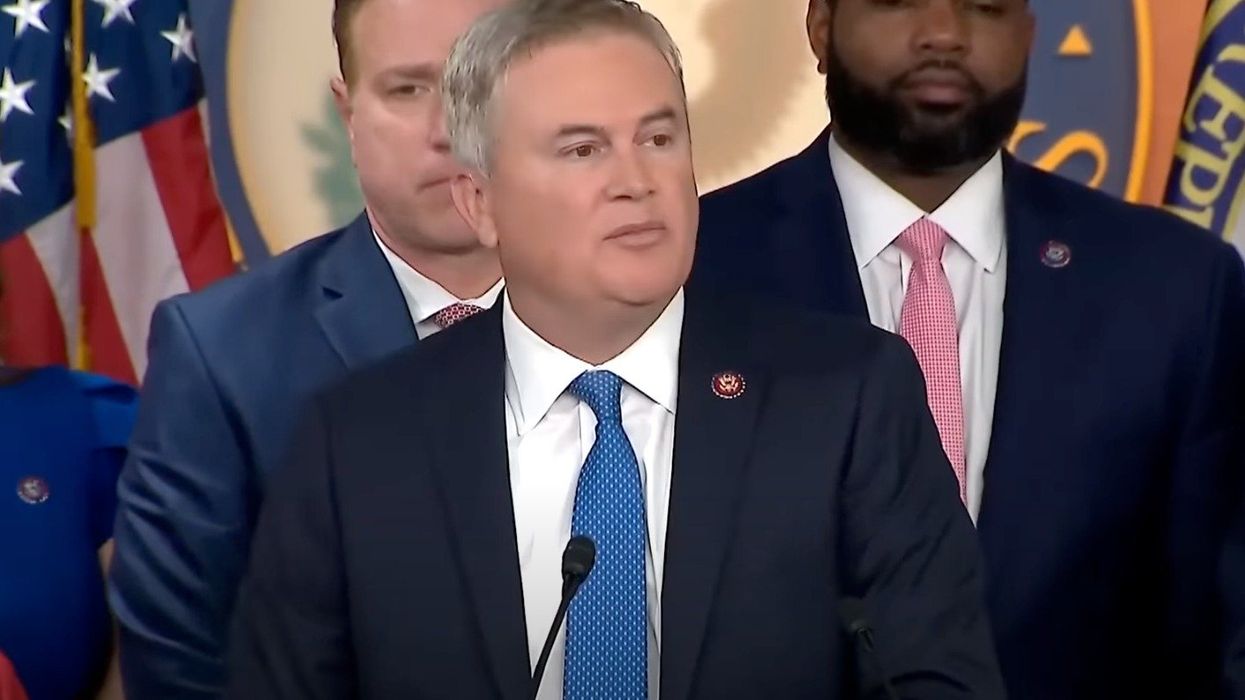A new Public Policy Polling survey shows that Ohio voters are prepared to strike down the state’s controversial anti-collective bargaining bill in next month’s elections. According to the poll, voters are against Senate Bill 5 by a 56 percent to 36 percent margin; barring a monumental shift, the labor movement is about to score a major victory for public employees and deliver a sharp rebuke to Governor John Kasich.
S.B. 5 has been hotly debated since it was first introduced last spring. Kasich signed it into law on March 31st, but by the next weekend opponents had raised enough signatures to launch a referendum on the bill. S.B. 5 would ban public unions from collective bargaining for benefits or going on strike, and would also eliminate binding arbitration.
Unions have argued that the bill is unnecessarily restrictive, and would unfairly punish teachers, policemen, and firefighters who have already made repeated concessions in the name of Ohio’s fiscal health.
Protect Ohio Protectors, a coalition of police and fire unions opposed to [S.B. 5], says the “Shared Sacrifice” report it commissioned proves that collective bargaining works and the limits to collective bargaining in Senate Bill 5 are unnecessary.
Of the $1,059,881,500 in givebacks through collective bargaining concessions since 2008 highlighted by the report, $700 million came from public education associations last school year. Another $350 million came from state employees through concessions in negotiations with then-Gov. Ted Strickland.
If voters do reject S.B. 5, it would be a signature victory for a labor movement in desperate need of a big win. National unions are still stinging from their failure to recall enough Republicans to claim a Democratic majority in the Wisconsin senate in the wake of that state’s anti-collective bargaining bill, and from their failure to stop President Obama from signing three new international trade deals this week.
The defeat of S.B. 5 would also be a painful defeat for John Kasich. The governor has staked a good deal of political capital on supporting the measure, and its decisive defeat would be a clear sign of how far he has fallen. Kasich is currently the nation’s least popular governor, with a 54 percent disapproval rating.
Kasich’s low poll numbers mirror the unpopularity of fellow Tea Party favorites Rick Scott and Scott Walker, who have also worked to restrict labor rights. It appears that the voters who got caught up in the anti-government fervor of the 2010 elections are starting to experience some serious buyer’s remorse.


